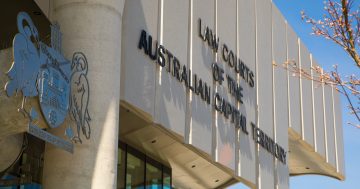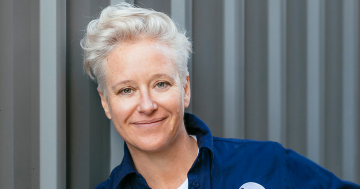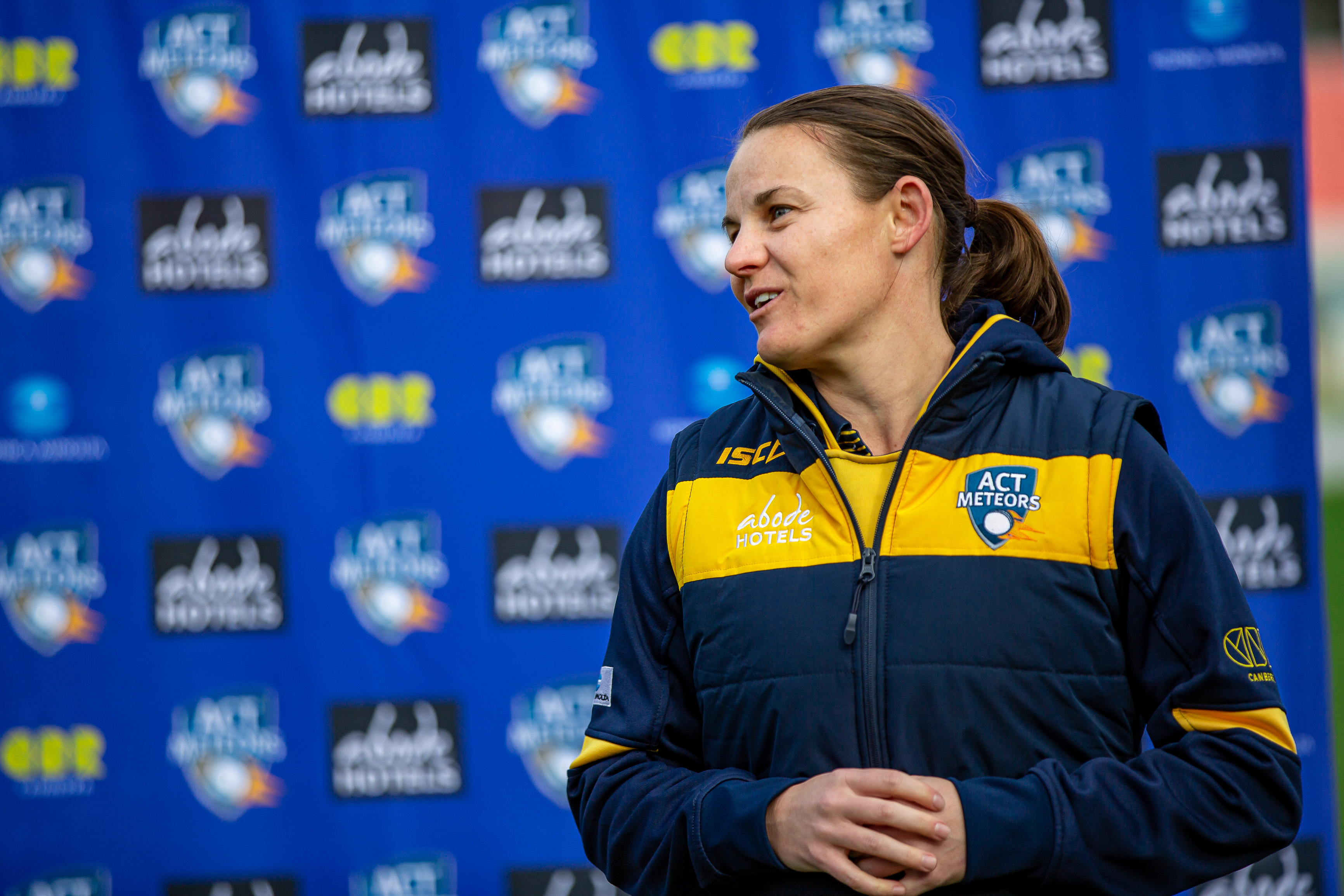
Cricket ACT has been negotiating to join the National Redress Scheme for many years. Photo: James Coleman.
After years of getting its finances together, Cricket ACT has become one of Canberra’s last sporting bodies to join the National Redress Scheme (NRS), but there could be long-term implications for the sport.
The NRS was created in 2018 in response to recommendations by the Royal Commission into Institutional Responses to Child Sexual Abuse. Managed by the Australian Government’s Department of Social Services, it aims to offer support to survivors of abuse suffered at various institutions. Compensation amounts up to $150,000 are available through the scheme, funded by the at-fault institution.
Tens of institutions in the ACT have already signed up, including AFL Canberra, Hockey ACT, Rowing ACT, Swimming ACT and Tennis ACT.
Canberra’s peak cricket body announced its formal participation in the scheme on Monday (6 February) after nearly three years of negotiation with the NRS.
In a statement, Cricket ACT acknowledged “incidents” and expressed its “deepest sympathy to survivors of abuse”.
“As an organisation, we take these matters seriously and are committed to supporting survivors through the NRS.”
The primary concern for the organisation was abuse cases related to Ian Harold King.
A former coach for Cricket ACT, King was sentenced to 12 years in prison for offences against 25 boys he abused in the 1990s. This was increased to 19 years on appeal, and in September 2022, a further two years and seven months were added to his sentence after another case from 1998 came to light. The now 79-year-old’s jail term is set to end in May 2032.
Cricket ACT CEO Olivia Thornton declined to comment on possible sexual abuse incidents involving others.
“My responsibility is to ensure this organisation does everything we can to protect our young people,” she said on Monday.
“It is of the utmost importance that we’ve got the right processes, policies and procedures in place to ensure that our game is safe and inclusive for all.”

Cricket ACT CEO Olivia Thornton: “My responsibility is to ensure this organisation does everything we can to protect our young people.” Photo: James Coleman.
Ms Thornton wouldn’t estimate how much Cricket ACT expects to pay out under the scheme but admitted lack of finances was the reason they were deemed ineligible to join since starting the application process in June 2020.
“We’ve been really proactive working with the department [DSS] each year in terms of providing financial statements without being asked,” she said.
“We’re now in a position to be able to join.”
Cricket ACT is a subsidiary of Cricket Australia, but Ms Thornton didn’t provide detail on what sort of support they’re receiving from the national body.
“We’re working closely with Cricket Australia, looking at ways we can work through this together,” Ms Thornton said.
She also implied the cost of redress payments could affect grassroots cricket in the ACT in the future.
“We’re working through that holistically, but I can’t pinpoint exactly where [compensation payouts] will be felt.”
In a statement, Cricket ACT maintained its commitment to ensuring participation “free of abuse, harassment, bullying or any other inappropriate conduct”.
“Policies, checks and other measures are in place to achieve this aim and Cricket ACT will continue to reassess its policies and procedures to ensure that cricket is a safe place for all involved.”

















